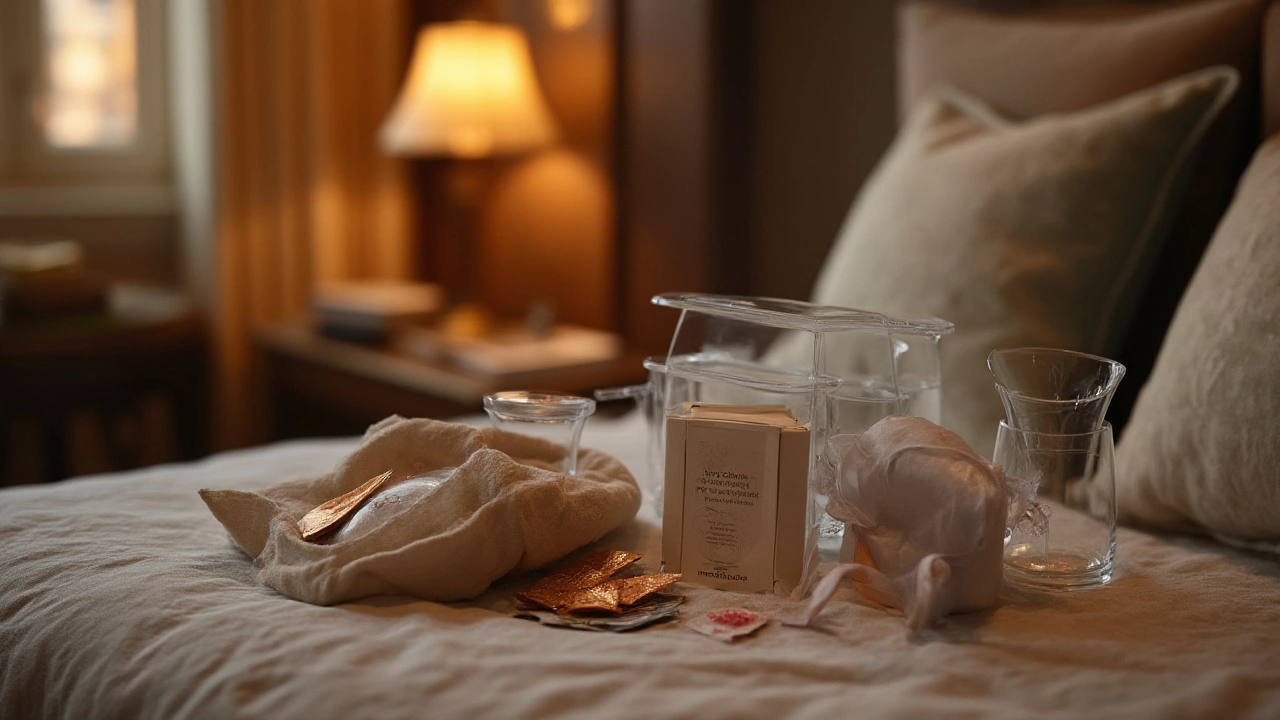
Sexual Wellness: Simple Tips for a Healthier Intimate Life
Talking about sexual wellness can feel awkward, but it’s part of everyday health. You don’t need a doctor’s office to start improving how you feel. Small changes in sleep, diet, and communication can make a big difference. Below you’ll find easy habits and conversation starters that work for most people, no matter where you live or what your relationship looks like.
Everyday Habits That Boost Wellness
First, think about your body’s basics. Getting 7‑8 hours of sleep each night helps hormone balance, which influences desire and performance. If you’re pulling all‑nighters, you’ll notice slower recovery and lower energy. Pair good sleep with regular movement. Even a 20‑minute walk raises circulation and reduces stress, both of which support a healthier sex life.
What you eat matters, too. Foods rich in zinc and omega‑3s, like oysters, nuts, and salmon, keep hormone levels stable. Try swapping sugary snacks for fruit or yogurt; spikes in blood sugar can lead to fatigue and mood swings that dampen intimacy. Hydration is another easy win—dehydration can cause low energy and reduced lubrication, so keep a water bottle handy.
Lastly, give yourself a moment of mindfulness each day. A few deep breaths before bed or a quick meditation can lower cortisol, the stress hormone that often blocks desire. You don’t need a fancy app; just sit quietly, focus on your breathing, and let thoughts pass. Consistency is key, and the benefits add up over weeks.
Talking Openly With Your Partner
Good communication is the backbone of sexual wellness. Pick a relaxed time—maybe after dinner or during a walk—to bring up what you enjoy and what you’d like to try. Use “I” statements to keep the tone positive, like “I feel great when we try new things” instead of “You never do this.” This reduces defensiveness and opens the door for honest feedback.
Set small, achievable goals together. If you’re curious about a new position or a different pace, agree to experiment once a week. Check in afterward and share what worked. You’ll build trust and discover what truly feels good for both of you. Remember, it’s normal for preferences to shift over time, so keep the conversation ongoing.
If you face challenges—pain, low desire, or medical issues—don’t ignore them. Talk to a health professional who understands sexual health. Many clinics offer discreet advice, and addressing a problem early prevents it from becoming a bigger issue.
By mixing everyday habits with open talk, you set a solid foundation for sexual wellness. It’s not about grand gestures; it’s about consistent, simple steps that make you feel more connected and confident. Start with one habit today, share your thoughts openly, and watch the positive changes roll in.
